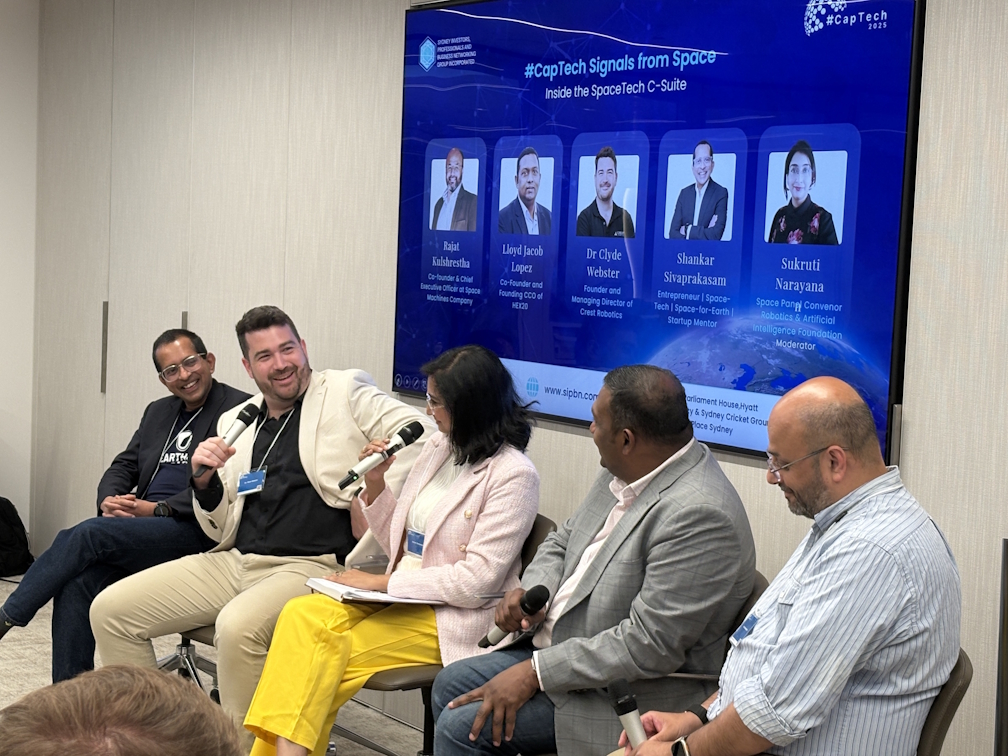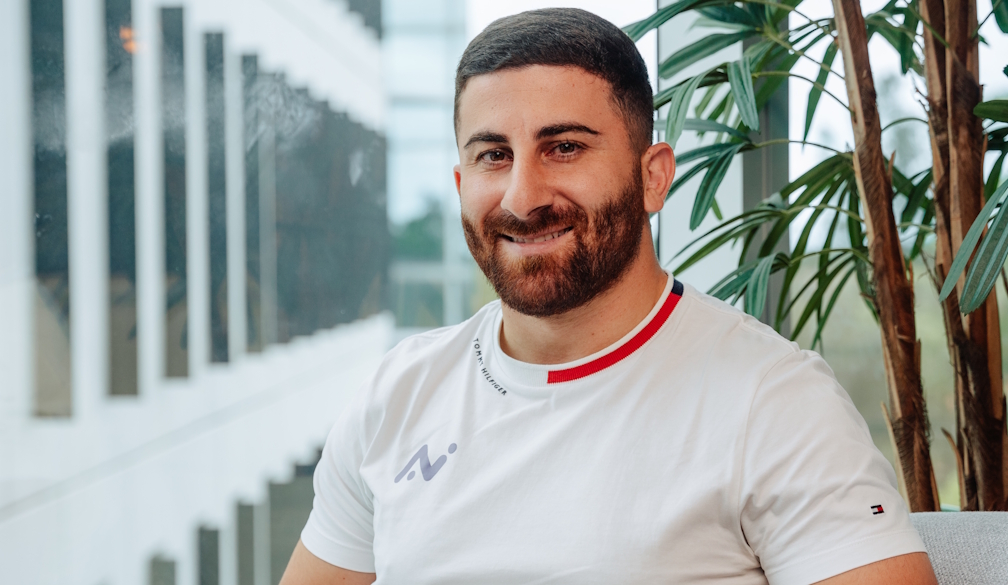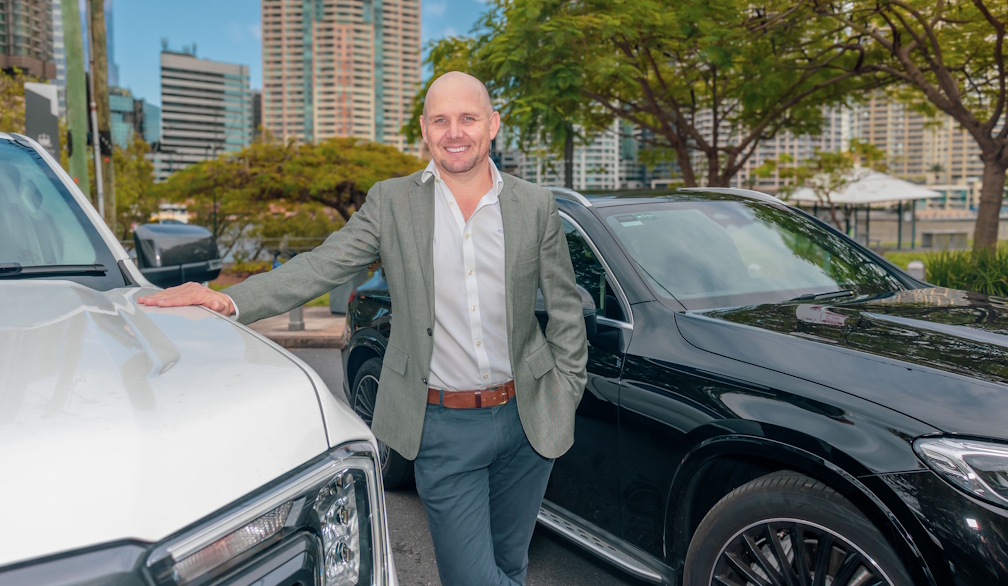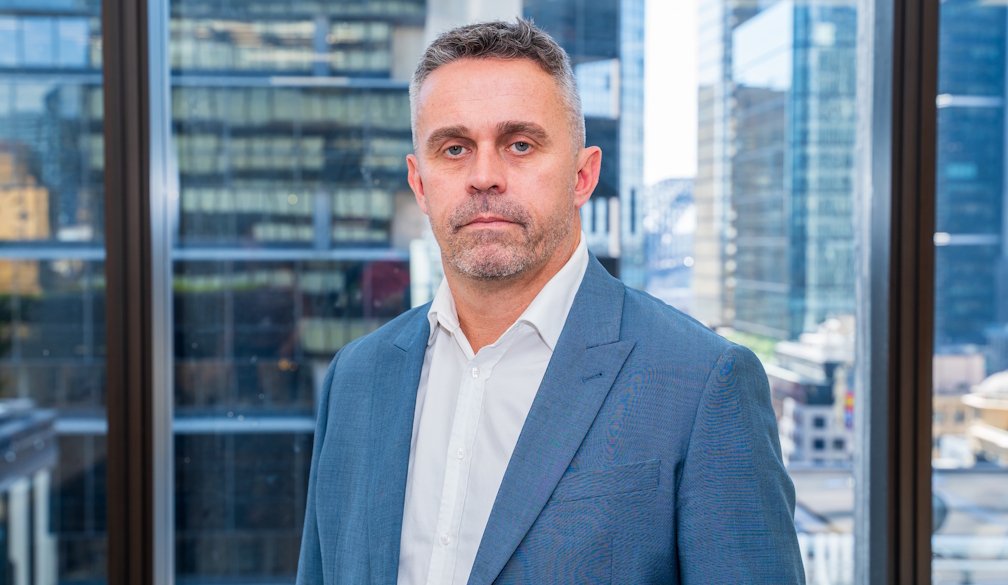Cities that want to attract business might want to focus less on financial incentives and more on making people feel safe
- Written by Kaitlyn DeGhetto, Associate Professor of Management, University of Dayton
To attract business investment, American cities and states offer companies billions of dollars in incentives[1], such as tax credits. As the theory goes, when governments create a business-friendly environment, it encourages investment, leading to job creation and economic growth.
While this theory may seem logical on its face, it’s a bit of a chicken-and-egg situation. Business investment follows employees[2], not just the other way around. In fact, our research[3] suggests workers care less about whether a city has business-friendly policies and more about how safe they feel living in it. And interestingly, we found that politics influence people’s risk perceptions more than hard data such as crime statistics.
Our findings have major implications for cities and businesses. If people choose where to live and work based on perceived safety rather than economic incentives, then entrepreneurs and city leaders may need to rethink how they approach growth and investment.
The many faces of risk
We are management[4] professors[5] who surveyed more than 500 employees and entrepreneurs from across the country to better understand how they rate 25 large U.S. cities on various dimensions of risk.
We asked about three different types of risk: risk related to crime, government function and social issues. Risk related to government function includes corruption and instability, while risk related to social issues includes potential infringements on individual rights.
We found that people’s views of risk weren’t driven primarily by objective statistics, such as FBI crime data. Instead, they were shaped by factors such as media representations, word of mouth and geographic stereotypes.
For example, studies suggest that crime in Denver has been rising[6], and U.S. News and World Report recently ranked it as the 10th most dangerous city[7] based on FBI crime reports. However, the employees and entrepreneurs we surveyed ranked Denver as the safest city in the country.
It’s all politics
We found that political perspectives were the main factor biasing the rankings. For example, conservative-leaning employees and entrepreneurs believed that Portland, Oregon, is dangerous, ranking it as America’s ninth-riskiest city. In contrast, those who are liberal-leaning ranked it as the second-safest city in the country.
Both of these beliefs can’t be accurate. Instead, when basing the ranking on objective crime data from the FBI, U.S. News ranked Portland the 15th most dangerous city in the country.
When assessing risk related to how the government functions, conservatives praised politicians in Nashville, Charlotte and Dallas, while the liberals praised those in Denver, Minneapolis and Portland. Similarly, when considering risk related to social issues, conservatives said New York City, Los Angeles and San Francisco were “risky,” while the liberals said Tampa, Miami and Houston should be avoided.
Our findings also suggest that political perspectives influence the types of risk that employers and employees care about. For example, conservatives tend to care more about crime-related risk than liberals, and liberals care more about risk related to social issues.
Now what?
We’re not advocating that city leaders drop financial incentives altogether, or that employers ignore them. Evidence suggests that financial[8] incentives[9] and other business-friendly policies[10] may be effective[11] at attracting businesses and strengthening local economies.
However, our research suggests that when individuals are making important life decisions about where to live, work and invest, a city’s level of risk matters. Importantly, beliefs about risk are subjective and are biased by political perspectives.
In our view, city leaders must recognize and address concerns about crime, governance and social issues while actively working to improve public perceptions of their cities. Likewise, businesses may want to consider investing in cities that are less politically polarized when making investment decisions.
References
- ^ offer companies billions of dollars in incentives (www.mckinsey.com)
- ^ follows employees (techcrunch.com)
- ^ our research (doi.org)
- ^ management (udayton.edu)
- ^ professors (www.xavier.edu)
- ^ has been rising (www.colorado.edu)
- ^ 10th most dangerous city (realestate.usnews.com)
- ^ financial (www.latimes.com)
- ^ incentives (wtop.com)
- ^ business-friendly policies (dbna.asu.edu)
- ^ may be effective (www.urban.org)







